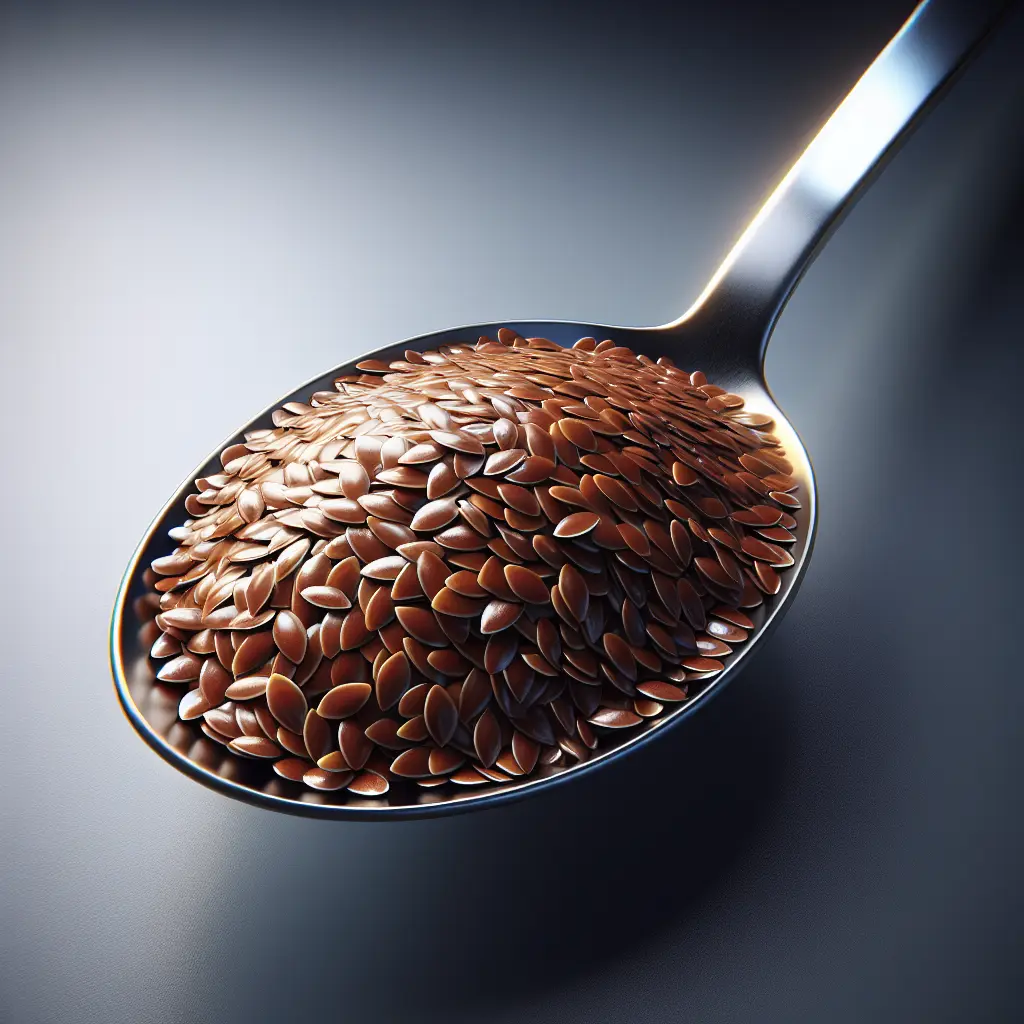Flaxseed: A Nutritional Powerhouse
Flaxseed, a versatile seed derived from the flax plant, has been revered for centuries for its remarkable nutritional content and therapeutic properties. This unassuming seed is a treasure trove of essential nutrients, including:
-
Omega-3 Fatty Acids: Flaxseed is an abundant source of plant-based omega-3 fatty acids, particularly alpha-linolenic acid (ALA). These essential fatty acids play a crucial role in brain health, heart function, and inflammation reduction.
-
Fiber: Flaxseed is an excellent source of both soluble and insoluble fiber. Soluble fiber forms a gel-like substance in the digestive tract, slowing digestion and promoting satiety. Insoluble fiber adds bulk to stools, aiding digestion and preventing constipation.
-
Protein: Flaxseed contains a modest amount of protein, making it a valuable addition to plant-based diets or as a protein supplement.
-
Antioxidants: Flaxseed is rich in antioxidants, including lignans, which have been shown to protect against oxidative damage and certain types of cancer.
Health Benefits of Flaxseed
Incorporating flaxseed into your diet has been associated with numerous health benefits, including:
-
Heart Health: The omega-3 fatty acids in flaxseed have been shown to lower LDL (bad) cholesterol and raise HDL (good) cholesterol, reducing the risk of heart disease and stroke.
-
Digestive Health: The fiber in flaxseed promotes regularity, relieves constipation, and helps maintain a healthy digestive system.
-
Blood Sugar Control: Flaxseed may help regulate blood sugar levels by slowing down the absorption of glucose into the bloodstream.
-
Anti-Inflammatory Properties: Flaxseed's omega-3 fatty acids and lignans possess anti-inflammatory properties, which may benefit conditions like arthritis and inflammatory bowel disease.
-
Cancer Prevention: Studies suggest that the lignans in flaxseed may have protective effects against certain types of cancer, including breast and prostate cancer.
How to Incorporate Flaxseed into Your Diet
Flaxseed is a versatile ingredient that can be easily incorporated into various dishes. Here are a few ways to enjoy the benefits of flaxseed:
- Sprinkle it on: Add flaxseed to oatmeal, yogurt, salads, or smoothies.
- Bake with it: Incorporate ground flaxseed into muffins, cookies, or bread.
- Make a flaxseed egg: Mix 1 tablespoon of ground flaxseed with 3 tablespoons of water to create a vegan egg substitute.
- Use flaxseed oil: Flaxseed oil is a rich source of omega-3 fatty acids and can be used in salad dressings or as a supplement.
By incorporating flaxseed into your daily routine, you can reap the numerous health benefits this nutritional powerhouse has to offer. Embrace the versatility and nutritional value of flaxseed and witness its transformative effects on your overall well-being.
How many calories are in Flaxseed?
Each 1 tbsp, whole of Flaxseed contains 55 calories.
Flaxseed Nutritional Information
| Nutrient | Amount per 1 tbsp, whole (10g) |
|---|---|
| Calories | 55 Calories |
| Protein | 1.9g |
| Fat | 4.3g |
| Saturated Fat | 0.4g |
| Cholesterol | 0mg |
| Carbohydrates | 3g |
| Dietary Fiber | 2.8g |
| Sugar | 0.2g |
| Sodium | 0.0031mg |
| Potassium | 0.0837mg |
| Calcium | 0.026mg |
| Iron | 0.0006mg |
